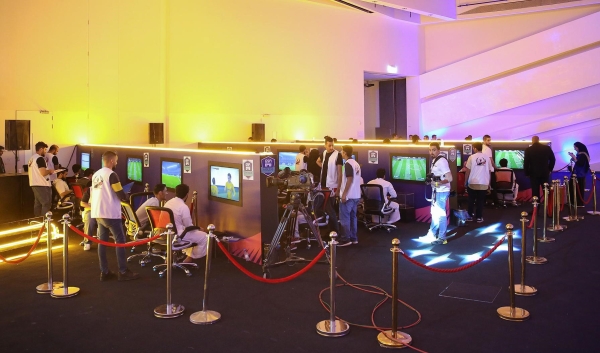

The strategy represents three main objectives that directly impact citizens, the private sector, and sports and electronic gaming enthusiasts from around the world: aiming to improve quality of life by enhancing player experience, creating new entertainment opportunities, and achieving economic returns by contributing to the gross domestic product, which directly or indirectly accounts for about SAR50 billion. It also aims to provide about thirty-nine direct and indirect job opportunities, offering an enabling environment for talent development and participation in global leadership by enhancing the Kingdom's presence internationally through the production of about thirty games competing globally in the Kingdom's studios. Additionally, it aspires to rank among the top three countries in terms of the number of professional players in the gaming and e-sports field.
The Kingdom has implemented the National Gaming and Esports Strategy by introducing around eighty-six initiatives covering all aspects of the strategy. These initiatives involved approximately twenty governmental and private entities. They included business incubators, hosting major gaming and e-sports events, as well as establishing educational academies and developing regulatory frameworks that affirm its rapid growth in this sector.
These initiatives were distributed across eight axes, which are: technology and hardware development, game and e-sports production and other services, infrastructure empowerment, regulatory frameworks, as well as education empowerment, financing, financial support, and talent attraction.
Related quizzes
Related articles

